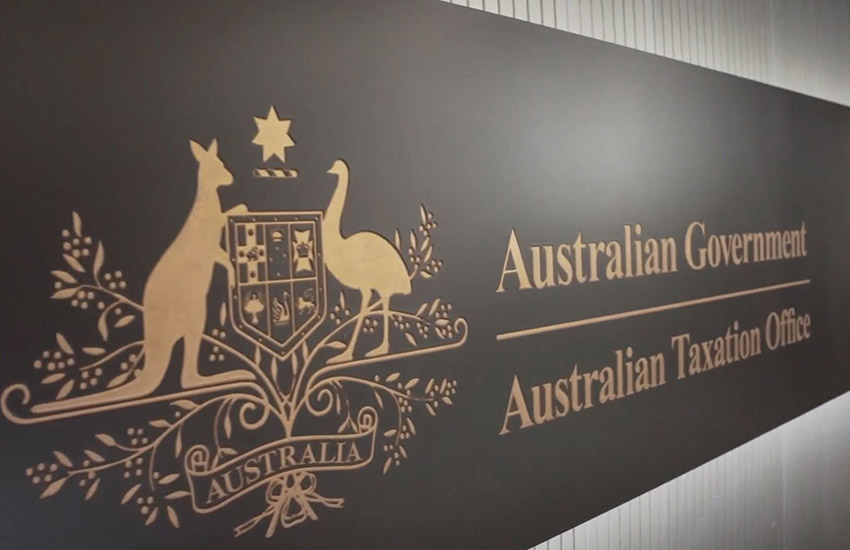ATO expands early access to super investigation to 2,000 applicants
TaxThe Tax Office will take a closer look at 2,000 individuals who applied for the early release of superannuation scheme after its initial compliance program found that more than 90 per cent of applicants were clearly eligible.

An early data matching program by the ATO has found that 90 per cent of applicants for the COVID-19 early access to super scheme were either clearly eligible or eligible.
Off the back of that analysis, it began its pilot compliance program, contacting 160 applicants — half of whom failed to reply, and of the other half, 10 per cent were found to be ineligible.
ATO second commissioner Jeremy Hirschhorn told a parliamentary committee on Friday that the agency would now expand its compliance program to look at 2,000 individuals who it considers to be at a higher risk of being ineligible.
“We’re now doing a pilot based on groups that we think are more likely to be ineligible. Again, we might prove that, even in that sample, there’s a higher degree of false positives,” Mr Hirschhorn said.
“No program is 100 per cent correct. I’m actually very comforted by the numbers that are coming through.”
Mr Hirschhorn ultimately believes compliance with the eligibility of the scheme will be “significantly higher” than 92 per cent — the current performance mark of its tax gap analysis.
The Treasury has since revealed that $33.3 billion in super has since been approved for payment to 2.72 million applicants.
‘It’s their own money’
Both the ATO and the Treasury also rejected suggestions that ineligible applicants had withdrawn their super to spend on discretionary items, including gambling.
A report by data analytics firms AlphaBeta and illion had been cited by sections of the media to highlight how early access to super applicants had used their funds on lifestyle purchases, rather than on essential items.
“Contrary to the reporting in the media, the vast majority of the money, even on that analysis by that private company of bank data that they had access to, was spent on food, mortgage payments and electricity bills, the sorts of things that the entire scheme is designed to allow people to spend on in the pandemic,” Mr Hirschhorn said.
The Treasury’s retirement income policy division head, Robert Jeremenko, also argued that there was no need to analyse how people were spending their withdrawn super funds because it was their own money.
“The reason there is no active work on it is that there is no restriction on the use of people’s money that they access from super as long as they qualify under the law,” Mr Jeremenko said.
“The vast majority of people, even on the Tax Office’s auditing of the applicants, are qualifying. Once you qualify, you get access to your money and you can spend it as you wish.
“The only data that has been promoted and analysed by this provider and talked to in the media actually shows that they are spending it on items that should not be of concern to anyone, and the reality is that, given it’s their own money, no one should have a concern as to what they spend it on.”




